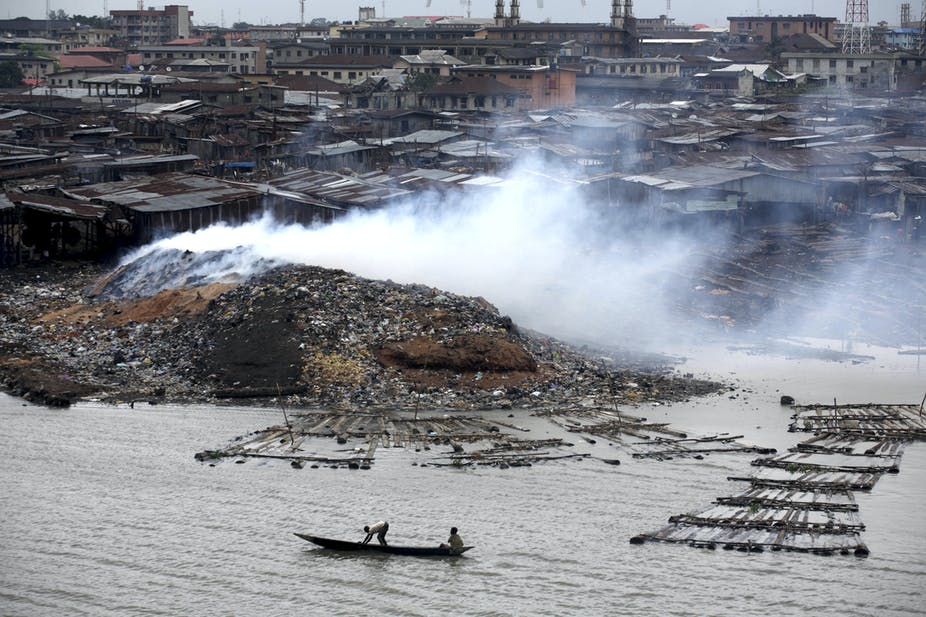
Africa and Pollution
The UN Special Rapporteur on Human Rights and the Environment has warned that an “explosion” of multibillion-dollar claims by fossil fuel and extractive industries through opaque investment tribunals is impeding action on climate and nature, with developing nations being targeted.
Following this week’s agreement at UN climate negotiations on a “transition away from fossil fuels,” governments are likely to face more pressure to tighten regulations and reject further growth of oil, gas, and coal projects.
However, according to UN rights expert David Boyd, this might expose them to litigation under a secretive arbitration procedure known as investor-state dispute settlement (ISDS), which has been described as a “major obstacle” to environmental action.
“When governments bring in these stronger laws and policies, they’re ending up paying millions — and sometimes billions — of dollars in compensation,” Boyd said.
Because of ISDS concerns, Denmark, France, and New Zealand have all backed away from stricter regulations on fossil fuel exploration, he claims.
Boyd warned the UN General Assembly earlier this year in a report titled “Paying Polluters” that the number of claims – and the quantity of the settlements – were on the rise.
“The explosion of ISDS claims in recent years, and the threat of such claims, is led by fossil fuel, mining, and other extractive industry corporations,” Boyd said in his report.
ISDS lawsuits involving environmental protection activities increased from 12 begun before 2000 to 37 between 2000 and 2010, and 126 between 2011 and 2021, it claimed, adding that the fossil fuel and mining companies have received over $100 billion in awards.
That figure might skyrocket, because “sunset clauses” mean that even if a state withdraws from a treaty, it could face lawsuits for the next two decades. ISDS provisions, which are embedded in thousands of international treaties, have their origins in the worldwide reorganisation that occurred following World War II, when investors headquartered in former colonial powers sought to protect assets in newly independent countries.


































































